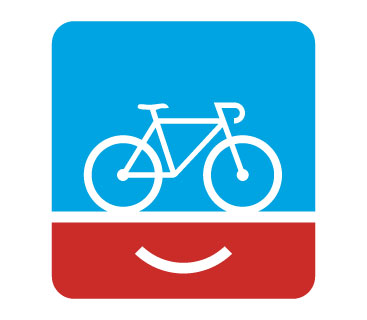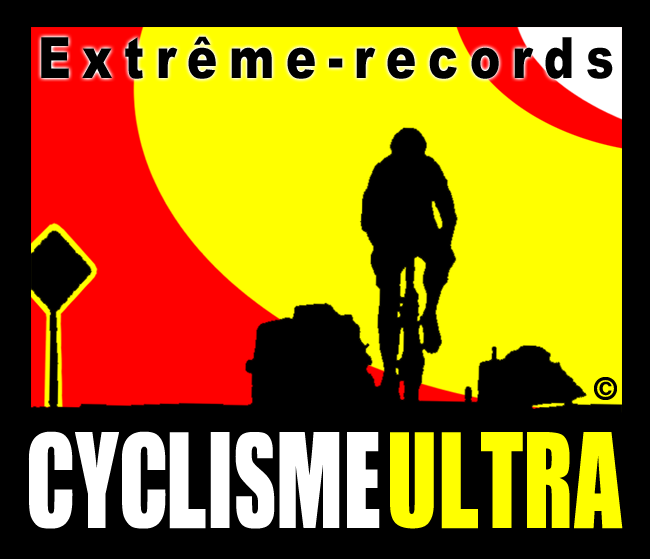La R.A.A.M en question? Evolution des règles…
La direction de la Race Across America (RAAM) vient de prendre une décision soudaine qui a surpris un grand nombre d’observateurs, dans le cadre de sa règlementation réservée aux participants Solos avec la création d’une nouvelle catégorie.
Dorénavant, les concurrents enregistrés dans cette catégorie particulière seront obligés de respecter des temps de repos imposés lors de leur pointage aux postes de contrôle (Time Stations).
Ainsi 20 zones de repos seront choisies tout au long du parcours et les concurrents devront prendre 2 heures de repos obligatoire, au minimum à 5 de ces postes.
Certes une catégorie Solo Non Stop sera préservée, mais les prix récompensant les lauréats et habituellement accordés à cette catégorie d’Ultras, ne leur seront attribués que si les records de l’épreuve sont battus!…
Cette mesure est très contreversée, à la fois chez les pratiquants et les puristes de l’Ultra Cycling qui jugent que l’épreuve perd ainsi son cachet historique.
En tant qu’observateurs extérieus nous partageons ce sentiment, mais il faut reconnaitre aussi que la RAAM a subi quelques viscissitudes ces 2 dernières années avec des décès accidentels et que les organisateurs subissent naturellement un certain nombre de pressions.
Pour mémoire, la RAAM 2006 sera le 25ème anniversaire de cette épreuve de référence, le Français Jean Marc Velez est inscrit dans la catégorie Solos, avec ou sans arrêts obligés?
A suivre: article original du San Diego Union Tribune
Le JDC. 01/2006
Race Across America will adopt new mandatory-rest division
By Don Norcross
STAFF WRITER
January 6, 2006
The 2006 Race Across America (RAAM), one of the world’s most physically demanding cycling events, will feature a new solo division requiring cyclists to take mandatory rest stops.
The new category comes in the aftermath of two deaths in the past three years. There had been no fatalities in the event’s first 21 years.
After starting at the Embarcadero on San Diego Bay the past three years, the June 11 and 13 starts will be moved to the Oceanside Pier for logistical purposes.
Riders in the Solo Category will be required to rest for 40 hours during the race. With the winners typically requiring at least nine days to cycle 3,000-plus miles to Atlantic City, N.J., top cyclists will average about four hours of rest per day.
Riders may rest at any of 20 designated control points along the course. Cyclists will be required to rest for two hours at five mandatory control points spread across the country.
‘There are several reasons we’re making changes, not the least is to de-emphasize sleep deprivation,’ RAAM race director Jim Pitre said.
While saying he didn’t think mandatory rests would have prevented the fatalities in 2003 and 2005, Pitre said the deaths were a factor in the new rules.
‘We do know, generally speaking, riders will be more alert on the road and that’s a positive,’ he said.
In an effort to appease long-time RAAM purists, soloists may still pedal across the country without taking required stops. That class will be called the Nonstop Record Category and will offer prize money only if the men’s or women’s world records are broken.
The Solo Category is expected to offer $10,000 to the winners.
Reaction among cyclists to the mandatory-rest class has been mixed.
Mike Trevino of San Diego, who finished second in 2004 and was riding second again last year when he dropped out with a shoulder injury, said he was ‘a little disappointed.’
‘It’s the antithesis of the intent of RAAM and why it started (24) years ago,’ Trevino said. ‘I don’t know if it makes the race any safer. One person might need two hours’ sleep to be safe, another might need five hours.’
Trevino said he’s undecided if he’ll enter the 25th anniversary of RAAM in June. If he does, he said he’ll compete in the Nonstop Record Category.
Kenny Souza of San Marcos, who won the Furnace Creek 508 in October, plans to enter the 2006 RAAM as a soloist. He said he’s undecided which class he’ll enter.
Rights reserved.











